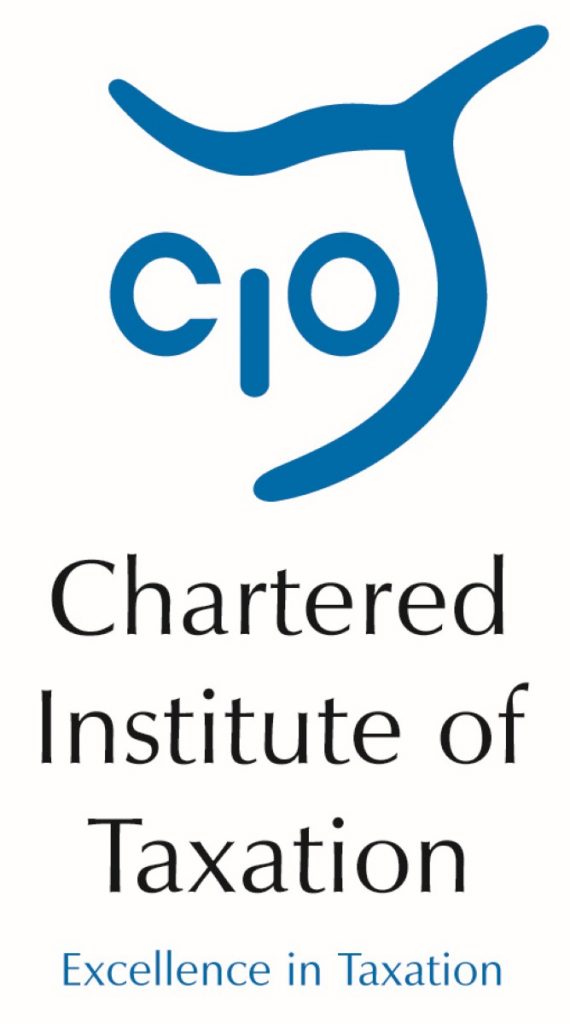Today’s Budget documentation confirms that the tax treatment of foreign pensions will be changed from 6 April 2017 so that it is more closely aligned with the UK’s domestic pension tax regime.1 This includes removing the rule under which currently only 90% of foreign pension income is charged to income tax. The Low Incomes Tax Reform Group (LITRG) is disappointed that this will mean not only an increased tax charge for affected pensioners but also a potential reduction in support for those who claim tax credits.
In response to consultation on the draft legislation, LITRG pointed out the potential impacts on low-income pensioners of the changes.2 The proposals will mean that for a £1,000 foreign pension with tax due in the recipient’s hands at the basic rate of 20%, there will be an extra £20 a year tax.
Also, for those who claim tax credits, the extra 10% of income brought into tax will fall into their tax credits income calculation, so – possibly after one year’s cushioning due to the ‘disregard’ – they may suffer a further cost. This will apply even if the tax credits claimant’s total income is below the income tax personal allowance, so that no extra tax is due.
Anthony Thomas, Chairman of LITRG said:
“These measures seem to come at a cost to existing recipients of foreign pensions accustomed to paying income tax on only 90% of that income, and reporting only 90% of the income for tax credits purposes. At the very least, there will therefore need to be clear communications to those affected.
“It is not yet clear whether the changes will be accompanied by a review of HMRC’s rules which currently force all of those in receipt of a foreign pension to fill in a self-assessment tax return each year.3 This presents an annual cost (particularly if they have to engage an agent for assistance) to those in receipt of foreign pensions, and puts them out of step – seemingly unnecessarily – with those receiving only UK pensions.
“It also presents an unnecessary cost to HMRC, particularly if the effect of processing a tax return is that nil tax is collected. Given that HMRC will no doubt have to make some systems changes to take account of the changes in rules in any case, it seems sensible to remove the self-assessment requirement for these pensioners where possible. Furthermore, this could tie in neatly with the introduction of ‘simple assessment’ from 6 April 2017, through which HMRC can bypass the need for a tax return. This would likely be administratively cheaper and more efficient for those in receipt of a predictable foreign pension.
“There have apparently been no changes to the proposed law to mitigate the added costs of this measure, but we will continue to pursue the potential for administrative savings with HMRC.”
Note to editors
1. See https://www.gov.uk/government/publications/spring-budget-2017-overview-of-tax-legislation-and-rates-ootlar/spring-budget-2017-overview-of-tax-legislation-and-rates-ootlar para 1.13
2. See http://www.litrg.org.uk/latest-news/submissions/170123-draft-finance-bill-2017-overseas-pensions
3. See self-assessment criteria – https://www.gov.uk/self-assessment-tax-returns/who-must-send-a-tax-return
4. Low Incomes Tax Reform Group
The LITRG is an initiative of the Chartered Institute of Taxation (CIOT) to give a voice to the unrepresented. Since 1998 LITRG has been working to improve the policy and processes of the tax, tax credits and associated welfare systems for the benefit of those on low incomes.
The CIOT is the leading professional body in the United Kingdom concerned solely with taxation. The CIOT is an educational charity, promoting education and study of the administration and practice of taxation. One of our key aims is to work for a better, more efficient, tax system for all affected by it – taxpayers, their advisers and the authorities. The CIOT’s work covers all aspects of taxation, including direct and indirect taxes and duties. The CIOT’s 18,000 members have the practising title of ‘Chartered Tax Adviser’ and the designatory letters ‘CTA’, to represent the leading tax qualification.
Contact: Hamant Verma, External Relations Officer, 0207 340 2702 HVerma@ciot.org.uk (Out of hours contact: George Crozier, 07740 477 374)





-01.png)